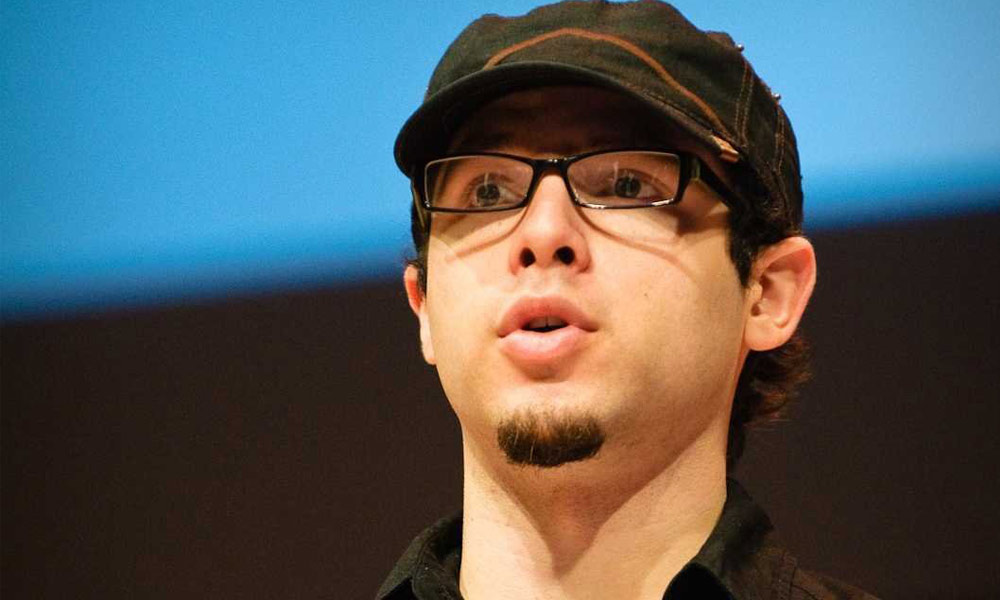With more people using the internet, the more people are also on social media.
But the thing about social media is that, it can be extremely addictive. For what reason? For the obvious: they are deliberately addicting users to their services for financial gain.
"It's as if they're taking behavioral cocaine and just sprinkling it all over your interface and that's the thing that keeps you like coming back and back and back," said Aza Raskin, an entrepreneur, an interface designer that is also a former Mozilla and Jawbone employee.
"Behind every screen on your phone, there are generally like literally a thousand engineers that have worked on this thing to try to make it maximally addicting." he added.
Raskin himself is an engineer credited for designing the infinite scrolling feature. It's something that many apps have in common that allows users to endlessly go down to see more contents without clicking. It's one of the main driver that keeps people eager for more when accessing social media.

Raskin said that he didn't see this coming. He didn't recognize how addictive this infinite scrolling could be.
"If you don't give your brain time to catch up with your impulses," said Raskin explaining the innovation that keeps users glued far longer than necessary. "You just keep scrolling."
But the designers of social media and the many apps out there, the designers were in fact driven to create addictive apps in the first place. They do that to meet with the business models of the companies that employed them.
"In order to get the next round of funding, in order to get your stock price up, the amount of time that people spend on your app has to go up," he said. "So, when you put that much pressure on that one number, you're going to start trying to invent new ways of getting people to stay hooked."
He also mentioned how tech companies were testing people all the time to figure out the best way to get them addicted, for example, by playing with the color and shape of Facebook's prominent Like button.
"Behind every screen on your phone, there are generally like literally a thousand engineers that have worked on this thing to try to make it maximally addicting," he added.
Aza Raskin isn't the first to say that social media has many things behind it that exploit human's vulnerability and psychology.
Sandy Parakilas, a former Facebook employee also made a similar point. He said that "Social media is very similar to a slot machine." When he tried to stop using the service after leaving the company in 2012, "It literally felt like I was quitting cigarettes."
During his time at Facebook, he said that others had also recognized this risk.
This includes Facebook's founding president, Sean Parker. In 2017, he said publicly that the company's strategy is to consume as much user time as possible. He claimed it was "exploiting a vulnerability in human psychology".
Chamath Palihapitiya who is a former VP for User Growth at Facebook, said that social media is ripping the society apart. "I can control my decision, which is that I don’t use that shit. I can control my kids’ decisions, which is that they’re not allowed to use that shit."
Apple's Tim Cook also made a statement, by saying that the world is having a social media issues.